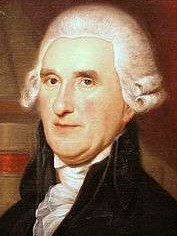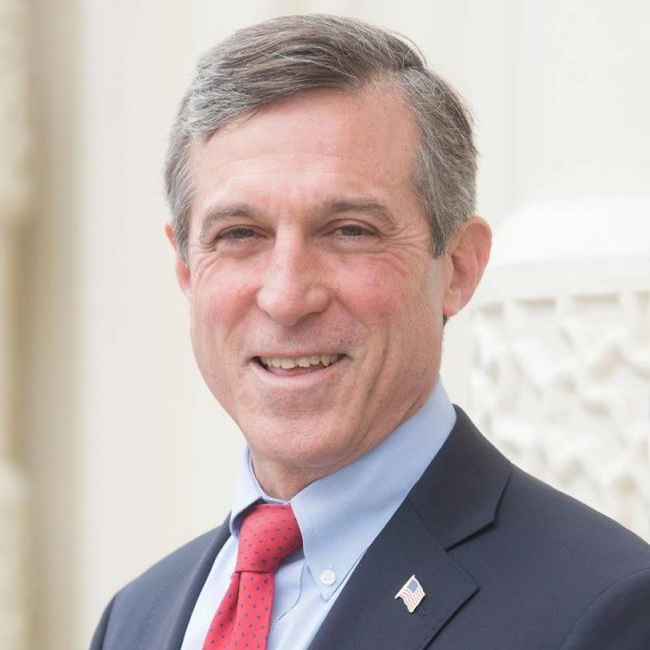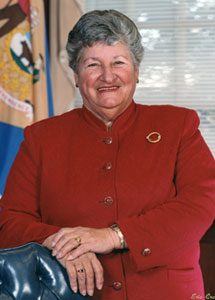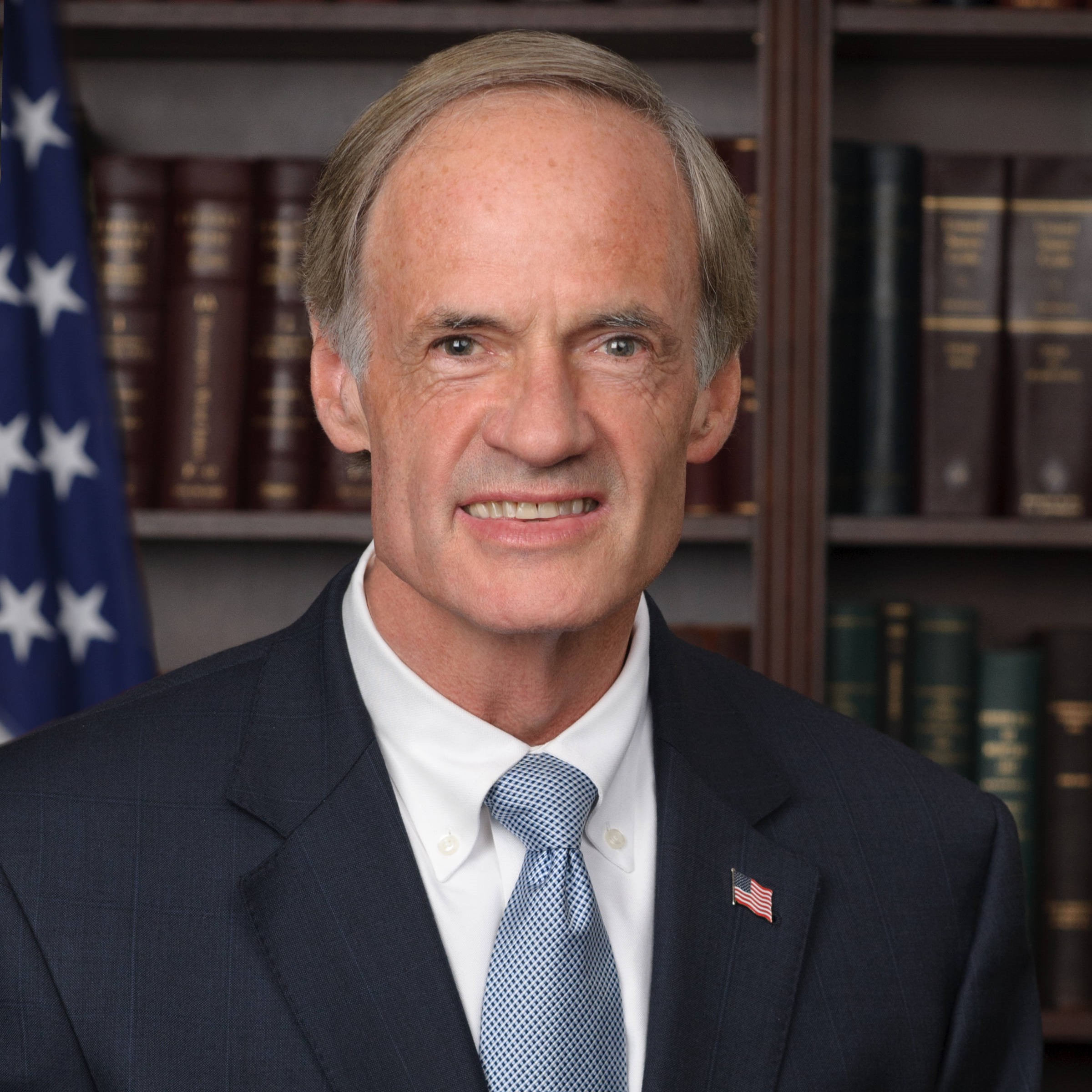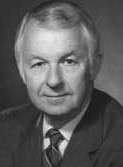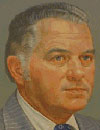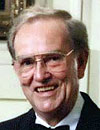Delaware
Gov. Thomas McKean
- September 22, 1777 - October 20, 1777
- Democratic-Republican
- March 19, 1734
- June 24, 1817
- Pennsylvania
- Middle Temple in London
- Married twice--Mary Borden, six children; Sarah Armitage, five children
- Succeeded
- Signer of the Declaration of Independence
About
From 1776 to 1792, the executive leader of Delaware was known as the President and was elected by the State General Assembly. After the ratification of the United States Constitution, Delaware developed its own new constitution that called for the popular election of a governor.
THOMAS MC KEAN was born in New London Township, Pennsylvania. He studied law under his cousin in Delaware and was admitted to the Bar there in 1754, after which he continued his legal training at Middle Temple in London, England. In 1756 he became Deputy Attorney General for Sussex County, Delaware. After serving as clerk of the Delaware Assembly, he won election as an assemblyman in 1763, returning annually until 1776 and serving as Speaker for a number of years. He was in fact Speaker when the then-President of Delaware (what is now governor) was captured during the war of independence, and McKean succeeded him as Acting President until the Speaker of the Senate—who was the rightful successor to the position—could take over. McKean’s national service included participation as Delaware’s delegate to the 1765 Stamp Act Congress. He also represented Delaware in the Continental Congress from 1774 to 1783—serving as President in 1781—and was among the signers of the Declaration of Independence. He went on to serve as Colonel of a Pennsylvania Militia regiment during the War of Independence. At that time, the boundary dividing Pennsylvania and Delaware was not as closely drawn as it is now and it was permissible to hold public office in both states. Consequently, the same year that McKean served as President (i.e., governor) of Delaware, the new government of Pennsylvania commissioned him Chief Justice of the state, a position that he held until 1799.
Although he supported the Articles of Confederation, he later became a staunch Federalist. He was a delegate to the state convention that ratified the U.S. Constitution in 1787 and to the Pennsylvania Convention of 1789-90, where he supported the concept of a strong executive branch. However, he broke with Federalists over foreign policy and by 1796 had become an outspoken Republican, winning election as governor of Pennsylvania three years later. The state’s support of Jefferson for President in 1800 helped the Republican party gain a hold over the state and was instrumental in McKean winning reelection in 1802. However, McKean appointed some Federalists to office and defended Federalist judges against impeachment charges by the state legislature, leading to a break with fellow Republicans and forcing him into a coalition with Federalists. Still, he won a third term in office, during which he endured an unsuccessful effort to impeach him. After leaving office, McKean engaged in writing about and discussing political affairs.

